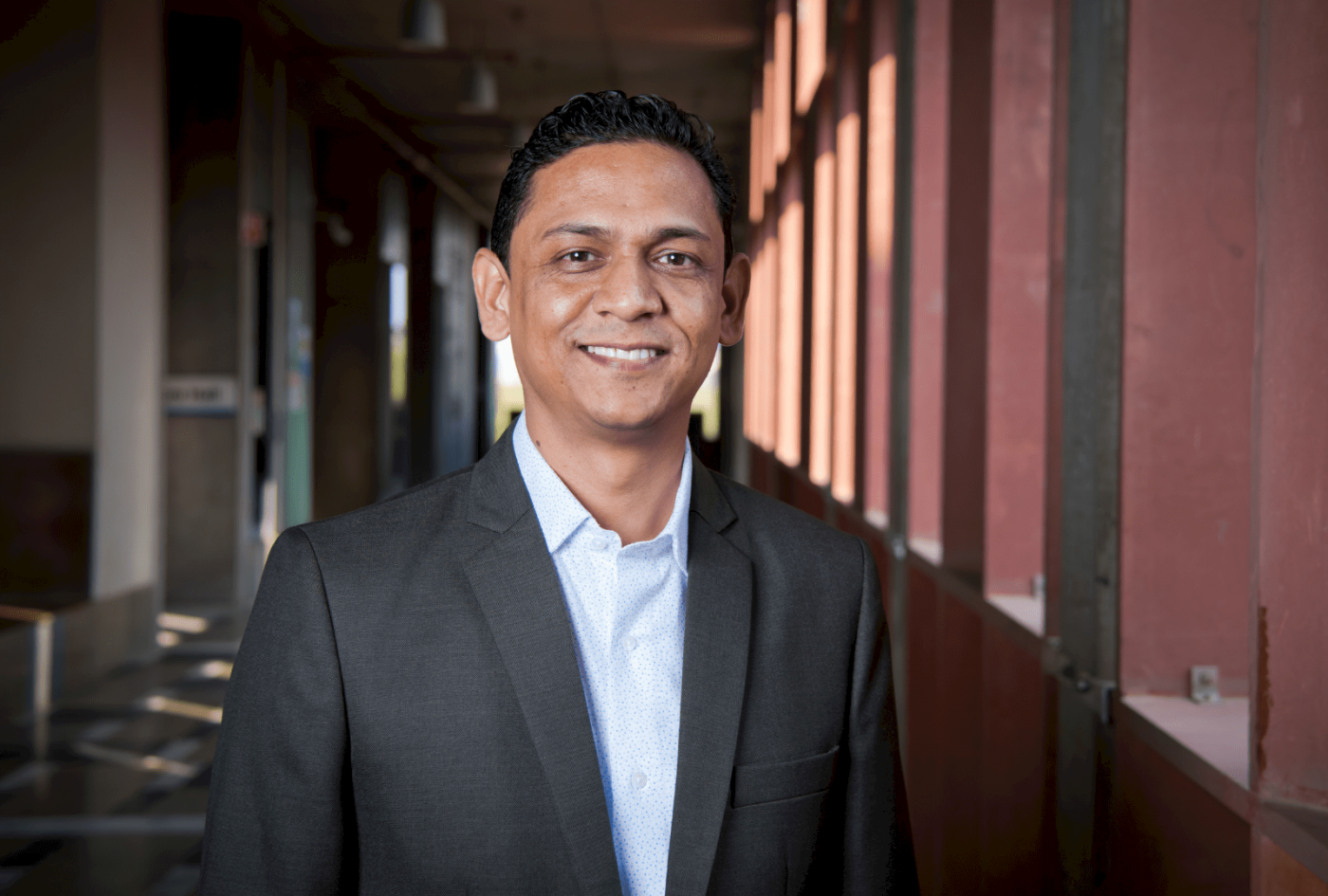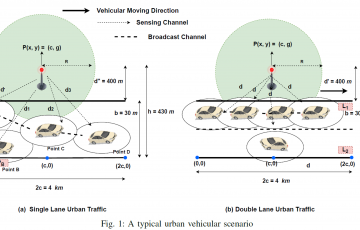20 June 2016
Ajay Karakoti Receives Research Funding Under the DST-SERB Early Career Research Award for Study on Mitigating Diseases Caused by Reactive Oxygen Species

Ajay Karakoti, Associate Professor, School of Engineering and Applied Science, has received funding for three years under the DST-SERB Early Career Research Award from the Science and Engineering Research Board's (SERB) Department of Science and Technology (DST). Professor Karakoti will study the systematic design of Redox Potential Tunable Nanoparticles to mimic the function of biological enzymes for mitigating diseases caused by reactive oxygen species.
Excessive generation of ROS has been linked to various conditions such as Parkinson’s, Alzheimer’s, cancers, atherosclerosis, macular degeneration, cardiac fibrosis, and arthritis. Antioxidants are now being looked upon as persuasive therapeutic agents against diseases and disorders caused by ROS, as they have the capability to neutralise free radicals. In this study, it is hypothesised that the ROS-scavenging activity of cerium oxide nanoparticles can be increased by modification of its redox potential. It is proposed to synthesise a library of novel cerium oxide nanoparticles with varying redox potentials by testing the hypothesis that covalent ligation with electron-withdrawing and donating groups can change its redox potential. Sanjay Singh, Associate Professor, School of Engineering and Applied Science, is the Co-PI for the research.



